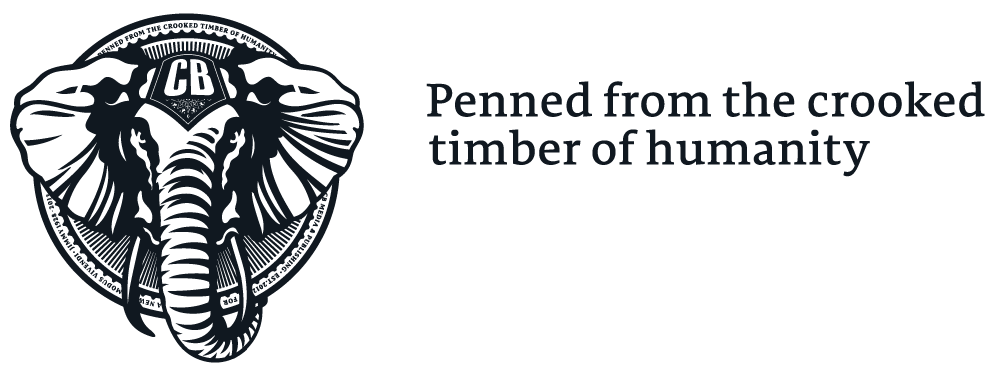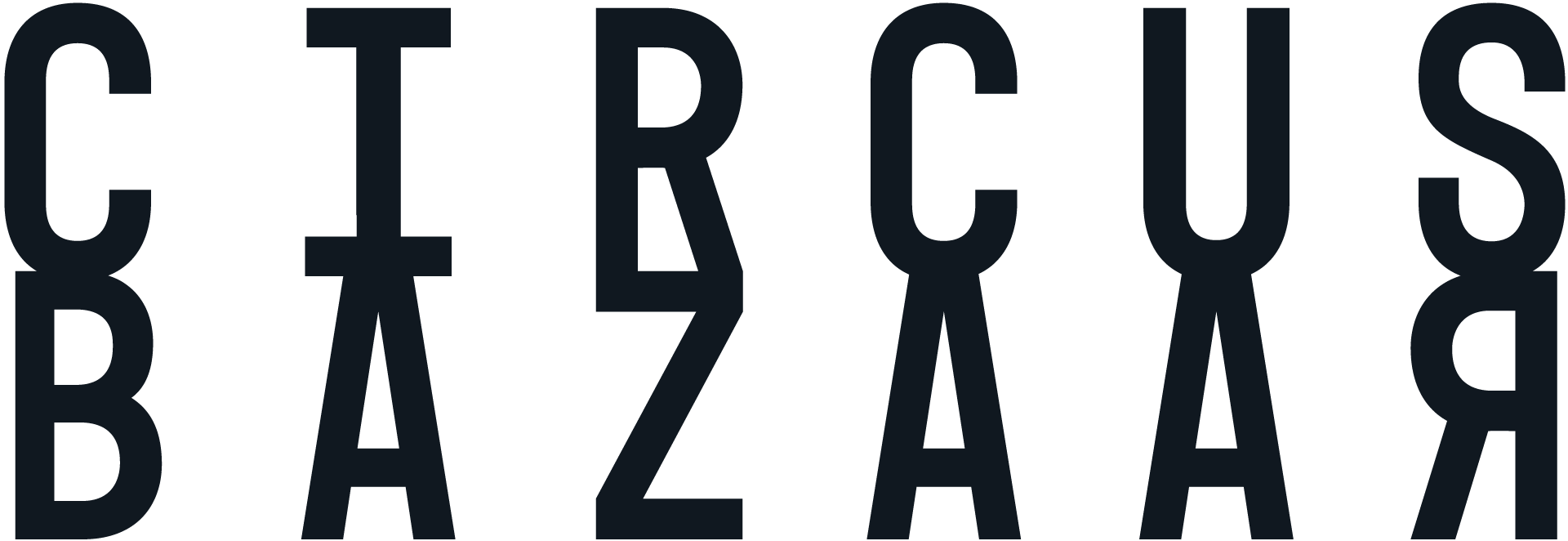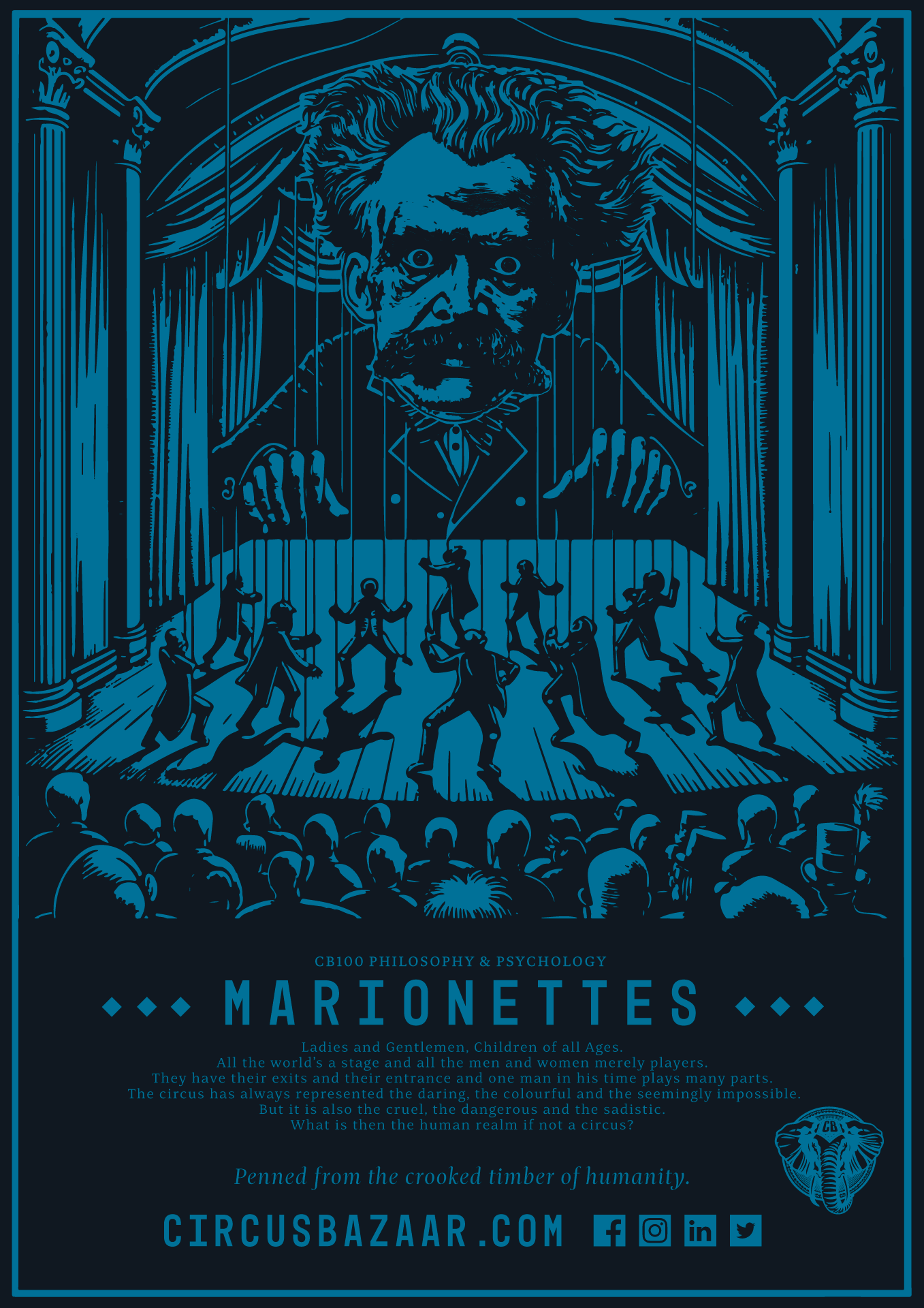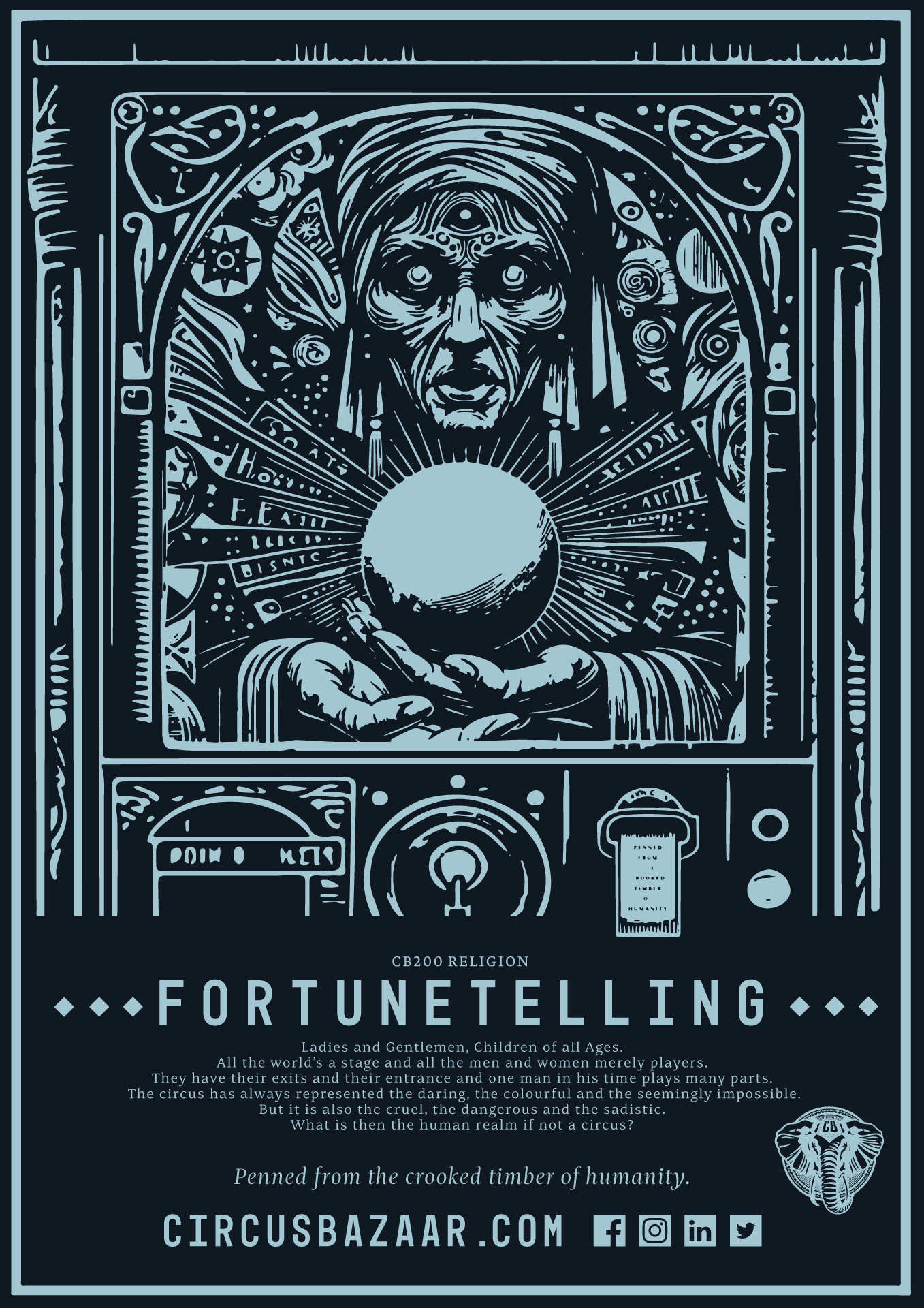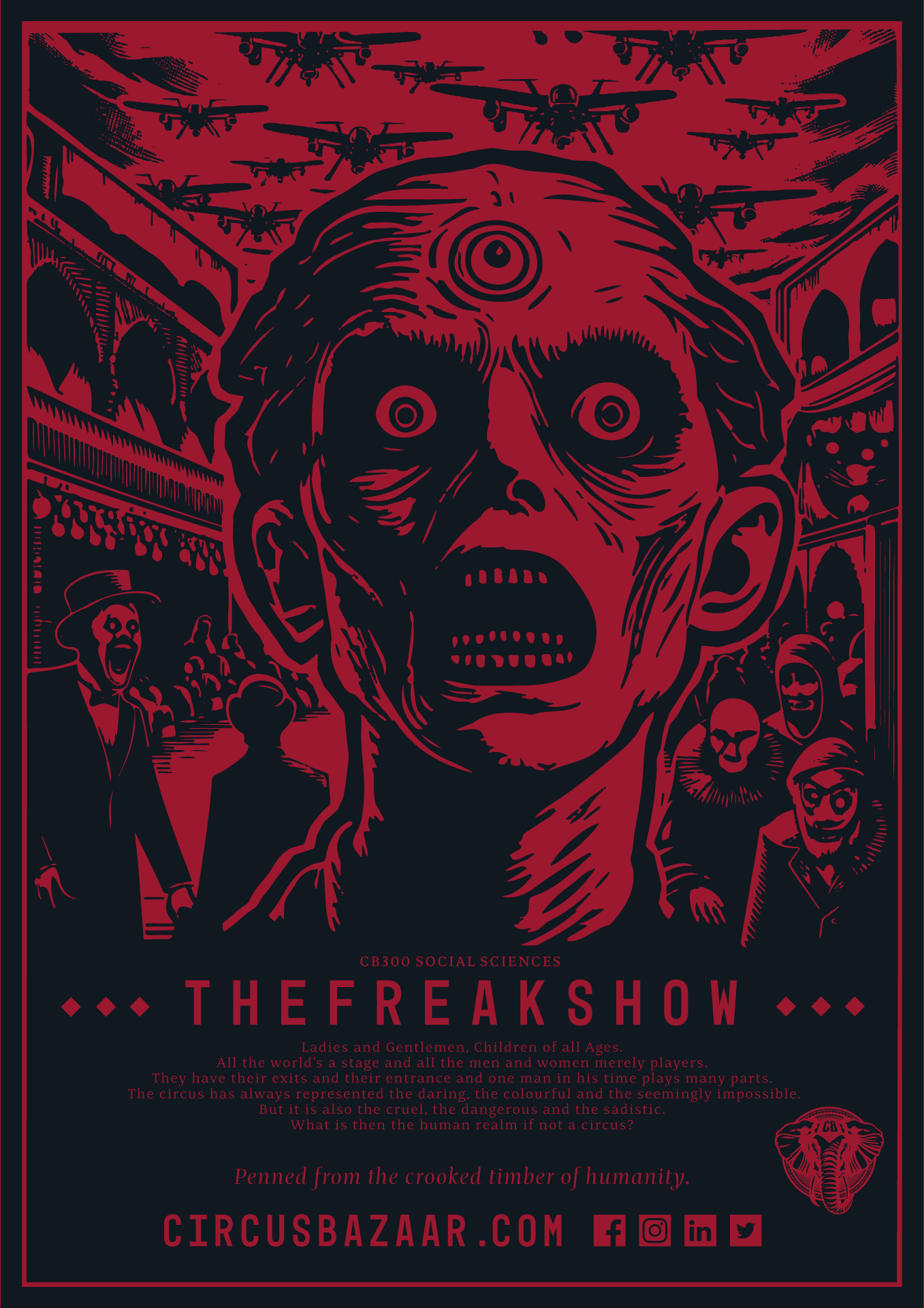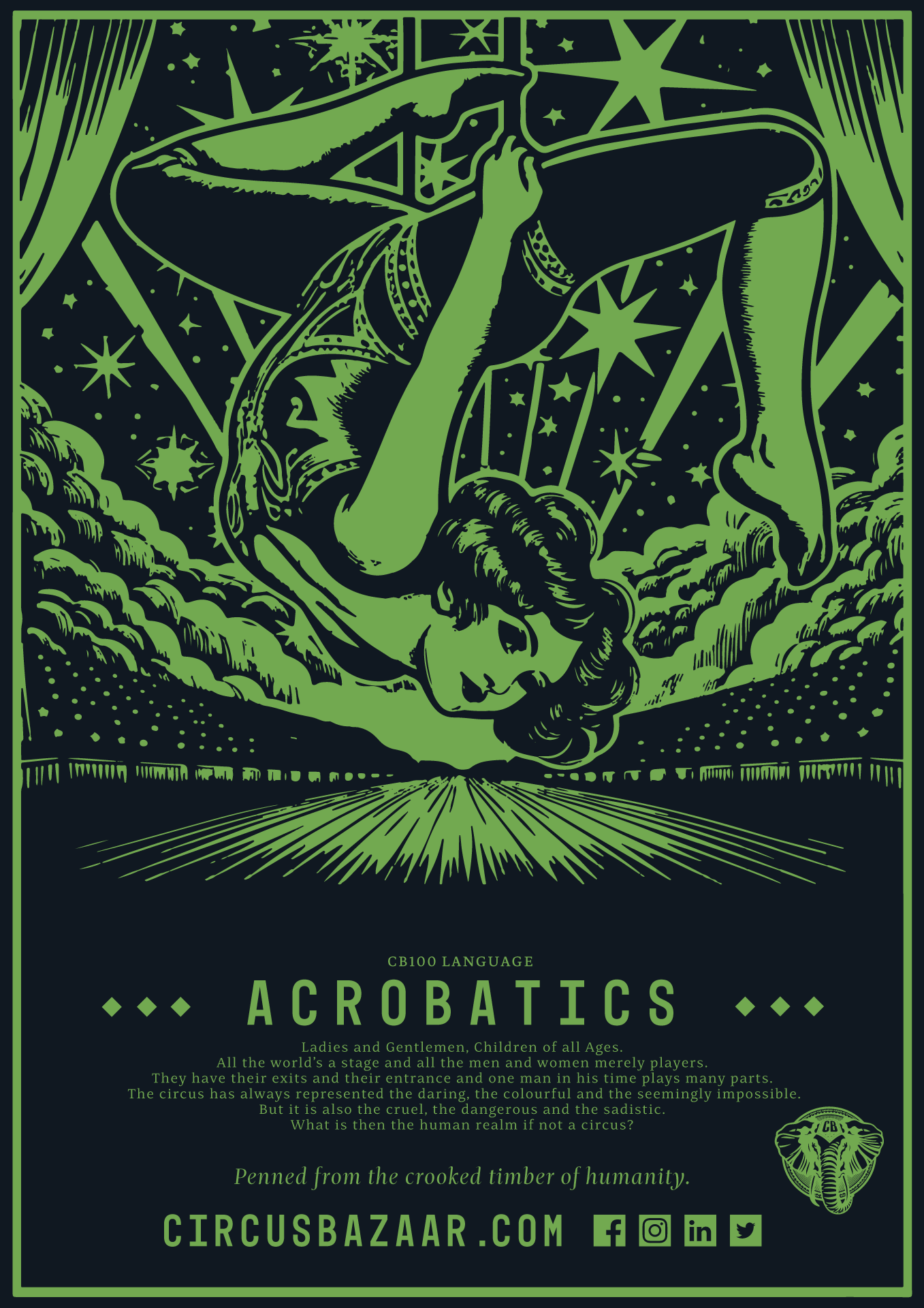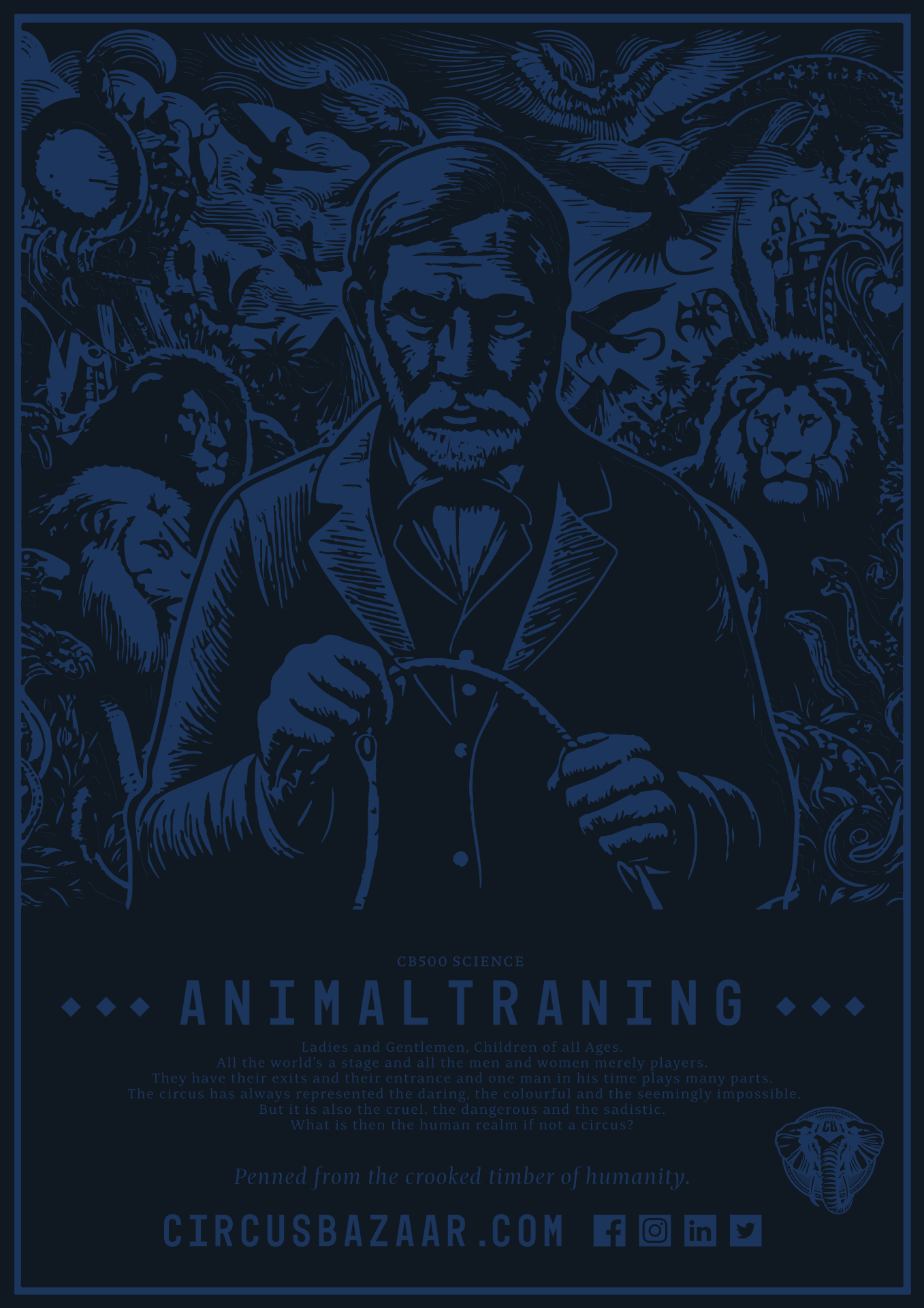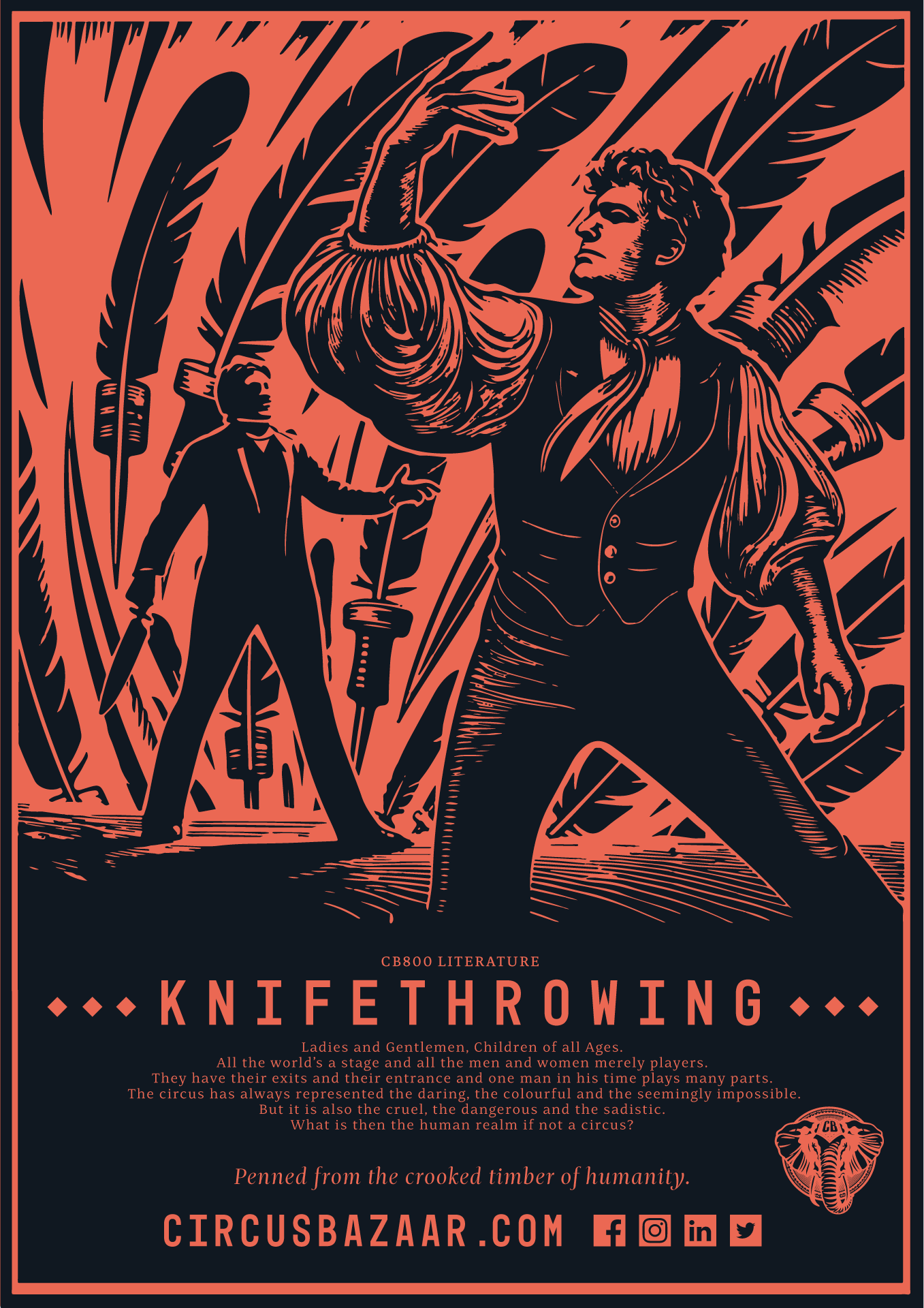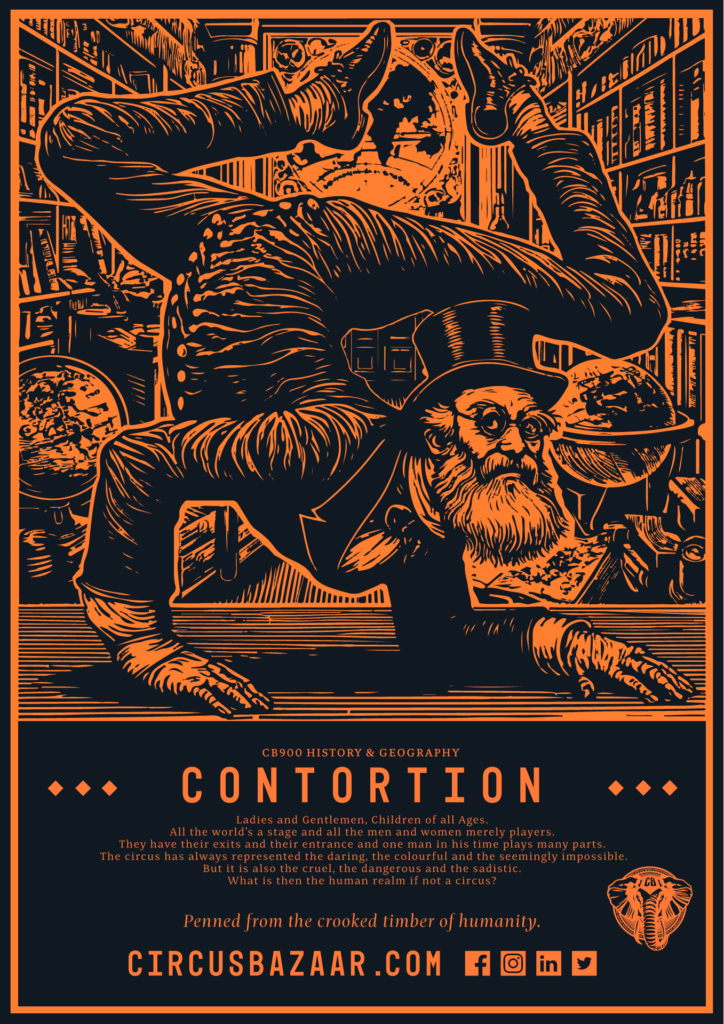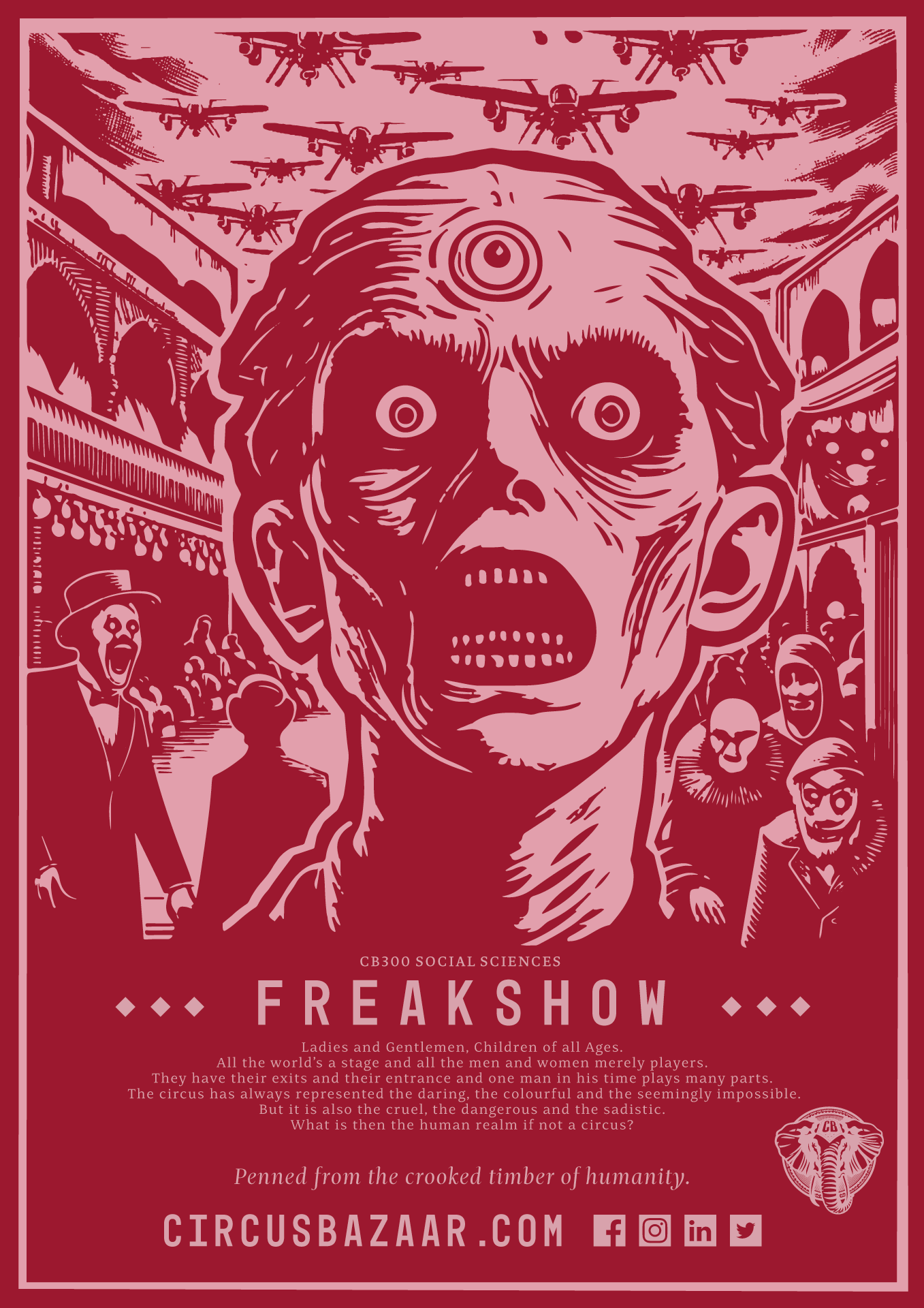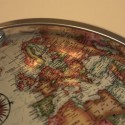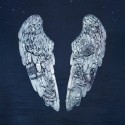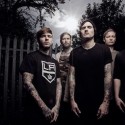My last post on the current situation in Ukraine was exactly two months ago. On October 3rd I predicted that an all-out invasion of Ukraine (including use of air power by Russia against targets in Kyiv and Dnipropetrovsk) was to occur before the Oct. 26 Parliamentary election. Thankfully, that prediction was wrong, but in the words of one very highly placed western diplomat who “consoled” me three weeks ago: “if you keep repeating the prediction, eventually you will be right.” By this he meant, of course, that few in Kyiv today doubt that all-out war with Russia is coming – the question is when?
[dropcap size=big]W[/dropcap]ith the official death toll topping 4000 since the supposed “cease fire” on Sept 5 (and many more unconfirmed deaths suspected), and with that ceasefire violated by over 50 heavy artillery shelling incidents EVERY DAY, it is becoming clear that the extraordinary patience and restraint shown by the Ukrainian side has failed to appease the Russian mercenaries and regular forces who have invaded the Donbas. Indeed the military buildup both on Ukrainian territory, and near the border continues. During the past few weeks, Ukrainian media have repeatedly shown video footage of cases of artillery shells and rockets being transported to the “rebels” in Russia’s so-called “humanitarian convoys” (8 such convoys have been dispatched to the Donbas since September). Tonight, yet another column of trucks with howitzers in tow crossed the Ukrainian border from Russia, and since yesterday, reports of drones violating Ukrainian airspace in the north of the country have proliferated the news broadcasts. At this point it is clear that Putin’s window of opportunity for further land invasion is rapidly closing: diesel fuel (without which further Russian advance will be impossible) tends to become useless when temperatures drop below -10 degrees Celsius; that is expected in the Donbas by the end of December. It is therefore likely that we are now facing a “frozen conflict” scenario (with periodic cease fire violations and terrorist attacks) rather than an escalatory move by Russia to annex more territory– at least until the spring thaw.
It should be said that after my Oct 3 post was published on several websites (both in its English original and an unauthorized Russian translation), I was lambasted by several very influential business people in the Ukrainian diaspora: apparently in their view I was needlessly fostering panic. On the other hand, friends in the Ukrainian government, and the few non-Ukrainian friends that I have with access to intelligence data, both sympathized – being the bearer of bad news is rarely a gratifying role; Russian preparations for escalation were obvious throughout September (they became public knowledge a month later), but few wanted to believe Putin’s threat to territorial Ukraine was real. I must admit that the reaction to my “10 reasons for imminent invasion” post made me gun-shy, and I have written little for public consumption since, but my silence has also elicited criticism: most poignantly from Dr. Adrian Hawaleshka, an old friend, and a member of the recent Canadian medical mission to Ukraine, who essentially called me a traitor for not maintaining consistency in the stream of my analytical “thoughts from Kyiv”.
Instead of writing for an internet audience, lately, I’ve concentrated on writing a book about Maidan that I hope to publish in the New Year. Writing about current/recent events is always challenging – particularly when these events are revolutionary (i.e. they reflect very rapid and complex social changes), and when maintaining “academic distance” is impossible. Social scientists and historians use a standard method for “objectively” presenting/explaining such complex events: periodization. In other words, they search for logical connections between events that occurred during a particular time period, and then contrast these with the logic of events that precede or follow. Ideally, for this method to be useful, an inflection point between periods should be found. For example: one finds obvious divisions between the logics of “Euromaidan” (student-led street protests in Kyiv held 21-30 Nov 2013) and those of the “Revolution of Dignity” in its two phases – peaceful (1 Dec 2013 – 19 Jan 2014) and violent (19 Jan – 21 Feb 2014). These three periods are divided by clear inflection points that effectively conclude the previous logic of action, and introduce a new paradigm for events in the next period. Specifically I am referring to the police beatings on Nov 30 on Maidan which radically changed the character of protest from a student-led action to a national revolt; to “dictatorial laws” passed by Parliament on January 16 which led to the first deaths on Hrushevskoho St. on January 19 and which fundamentally radicalized the Maidan, and finally to the sniper shootings on Institutska St. on Feb 18-20, and President Yanukovych’s flight to Russia which supposedly ended the active period of Ukraine’s revolution, and should have represented the start of its denouement.
However, after Yanukovych’s departure, Ukraine’s revolution did not end! On the contrary: instead of being allowed to build new state institutions, and to enact the demands of the protesters in legislation, the revolutionary government was faced with an externally sponsored counter-revolution which quickly degenerated into outright invasion. The result was Russia’s de facto annexation of Crimea, and the creation of two rump “states” in the Donbas whose fighters threaten further expansion of their territory, and concomitant destabilization of Kyiv as a center of government. Putin’s counter-revolution in Ukraine began roughly on February 26 (the date of the first occupation of strategic positions and infrastructure throughout the penninsula by armed men), and was punctuated by several outstanding events thereafter:
March 16 – Crimea’s “referendum” (according to “official” data, voter turnout was supposedly 83% with over 90% voting in favor of separating from Ukraine and joining the Russian Federation).
March 18 – Putin’s “annexation speech” in the Kremlin during which “Novorossiya” and the “Russian World” were proclaimed to be official government ideology (foreign policy imperative)
April 7-8 – occupation of government buildings in Donetsk and Luhansk by “rebels” and proclamation of the “Donetsk People’s Republic” and “Luhansk People’s Republic”.
May 11 – “referenda” held in DPR and LPR on independence from Ukraine
May 25 – election of President Poroshenko – unprecedented national support for a single candidate which negates traditional cleavages that characterized voter choice during the previous two decades
June 23 – first “cease fire” negotiated between Ukrainian forces and the DPR/LPR
July 17 – downing of MH17 over Russian-occupied territory in the Donbas (an event that proved to be a “game changer” for the West, and resulted in a much more balanced portrayal of the Russian-Ukrainian conflict in the western media)
Aug 24 – Ilovaysk encirclement ends Ukrainian forces’ advance against the DNR and LNR; first publicized evidence of direct involvement of Russian forces on Ukrainian territory.
Sept 5 – Minsk accord on ceasefire signed, but not enforced
All of the above were clearly important events, and each deserves detailed examination (useful timelines are available here) To use a linguistic analogy, each represents a punctuation mark of the counter-revolutionary period that followed the overthrow of Yanukovych, and the overt intervention by Russia into Ukraine’s affairs. However, from the perspective of a more macro-level historical narrative, all of these events occurred within a single paradigm: Russian territorial expansion through “hybrid war, and Ukraine’s defense of its nation (in the words of President Poroshenko, the Donbas conflict was Ukraine’s second “Patriotic War”).
The primary aim of the Kremlin’s intervention in Ukraine seems to be to discredit/destroy the threat to Russia of democratic contagion. From this perspective, each event in 2014 in the Crimea and the Donbas can be explained within the framework of Putin’s imperialist strategy of enforcing the Russian sphere of influence over Ukraine – an ideology first proclaimed officially in July 2013 during his visit to Kyiv, when the Russian President proclaimed Russians and Ukrainians to be “a single people” with “common spiritual values” and “ancestral traditions”. Thereafter, if one wanted an explanation for Putin’s motives in his foreign policy in Ukraine, one needed to look no further than the writings of Alexander Dugin, and the pronouncements of Russian Orthodox Patriarch Kiril. For both, and indeed for Putin himself, Ukraine does not exist as a separate nation from Russia; its land and residents represent the “canonical” territory of the Russian Orthodox Church; “returning” Ukraine (the supposed historical birthplace of the Rus, from which Russian official historiography mistakenly traces the origins of Muscovy) to Greater Russia represents the manifest destiny and obligation of any great Russian leader. On the other hand, upsurge of a distinctly Ukrainian national-patriotic (“fascist” according to the Kremlin) movement on the Maidan represents a clear and present danger to the prospects of realizing this vision.
In the post-Maidan period, Putin’s most expressive official pronouncement of the ideas underpinning great-Russian imperialist ideology occurred on March 18, during what has become known as his “Crimean speech”, but in fact was an address to a joint session of the two chambers of the Russian Duma, during which he announced his plan to annex Crimea. Putin justified his decision with references to a shared Russian-Crimean historiography (stretching from Kyivan-Rus to World War II), he cited the need to “protect the rights of ethnic Russians and Russian speakers”, and the need to neutralize the “fascist regime” that has taken power in the “mother of Russian cities” (Kyiv). With this kind of rhetoric it is not surprising that in the wake of this speech Putin was widely compared to Hitler – parallels with the ethnocentric discourse of the Nazis, and the correspondence between Russia’s annexation of Crimea and the Austrian Anschluss were patently obvious.
However, on 24 October 2014, an inflection point seems to have occurred – apparently largely unnoticed by many Putin watchers. On this day, the Russian leader addressed a gathering of the Valdai Discussion Club in Sochi. Although several analysts have observed that Putin’s tone largely echoed that of his 2007 speech in Munich where he outlined his vision of a new world order, the discursive contrast with his more recent pronouncements (i.e. 2013-2014) could not be more stark. From the outset, Putin rejects the “truth” of ideology: using terminology approximating that of classical Marxism, he states that diplomatic language is the language of lies, and that ideas of an ideal world (including of a “Russian world”!) are foisted upon the masses as a false consciousness that legitimates the actions of elites. Such a statement in itself represents a significant change of heart from Putin’s previous proclamations regarding the “right to unity” of Russians and Russian-speakers, but he goes further.
In this speech, Russia’s President announced his foreign policy goal to be the creation of a counterbalance to US global hegemony (unipolarity), and a “return to a logic of expediency” in international relations, rather than the current US-sponsored logic of conflict (to support his argument that US policy has led to conflict, Putin went into a detailed account of interventionist failures in Iran, Iraq, Lybia, Syria, Yugoslavia…). Apparently, the guiding interest of Russia’s foreign policy from now on is to be “pragmatism”: a post-WWII-style institutional arrangement between the world’s two superpowers is to be the end-goal. A unipolar world is the equivalent of dictatorship, a multi-polar world is unstable and therefore transitionary, so the global elite must negotiate a return to a bipolar world (where/how China fits into this schema is unclear, but Putin is clear in his allusion that he sees the EU as an artificially created hegemonic project of the US). The main message of the Russian President is that he wants to negotiate a new world order, and that he sees no other viable partner with whom to make a deal than the United States. Not surprisingly given the authoritarian nature of Russia’s governance structures, Putin makes it perfectly clear that popular support and/or the opinion of smaller nations does not concern him: the deal on the new world order is to be made by the elites of the world’s two “principle powers”.
Regardless of its global implications, Putin’s Valdai speech is significant for understanding his recent actions in Ukraine for two reasons: Firstly, it represents a departure from the rhetoric of Russian territorial expansion; this may explain why Russian weaponry has been used to destroy the industrial infrastructure of Donbas rather than to preserve it – this territory is seen by Putin as a bargaining chip that will be sacrificed (i.e. returned to Ukraine, and therefore the responsibility of a US-backed Kyiv to rebuild) once the negotiations that the Russian leader sees as inevitable finally begin, and the two superpowers definitively carve out their respective spheres of influence in a Yalta-style agreement.
Valdai is also significant because it demonstrates without a doubt that (in his mind) Putin is not at war with Ukraine. In fact, in his speech, he gave the ongoing Ukrainian conflict no more than a passing mention. Putin is at war with the United States, and with the international institutions that he sees as puppets of America’s “unipolar” foreign policy: NATO, the EU, the UN, etc. (the only institution that he praised in his speech was the OSCE – perhaps not coincidentally, this is the organization that has been hotly criticized for its Russia-bias in the Donbas). It is notable that throughout October-November, while the Donbas conflict simmered in effective stalemate, Russian military activities in the Baltic Sea region (encroachments into foreign waters and airspace by Russian submarines and aircraft), in the Pacific (flotilla of 4 warships sent to “accompany” Putin to Australia), and in the Arctic (air interceptions by Canada) increased dramatically; most worrisome was a nuclear-capable ballistic missile test last week. Lately, Putin seems to be demonstrating his global reach, and thereby possibly inviting his western “colleagues” to the negotiating table.
https://www.youtube.com/watch?v=GYqi2y8Joc4
However, if the G-20 summit is any indication, the US and its allies are not prepared to play Putin’s game. Indeed, in the wake of the Russian President’s humiliation at the G20 meeting in Brisbane on Nov 15-16 (Angela Merkel was apparently appalled by Putin’s obstinance during their private discussions), and then his demonstrated lack of influence on OPEC at the cartel’s meeting on November 27 (global oil prices continue to free-fall to Russia’s dismay), it would seem that Putin is simply being isolated rather than pandered to by western leaders. In fact, the US already seems to have embarked on a Cold War-style policy of Russian containment without actually announcing this fact.
For Ukraine, in the medium and long term, this means Israel-style existence under permanent existential threat from Russia. The question now becomes whether such existence will be accompanied by western financial assistance approximating the post WWII Marshal plan (a key factor that enabled West Germany to become an economic powerhouse and showcase for capitalism in the face of an antagonistic Soviet bloc). With yesterday’s appointment of a clearly reform-oriented government, the prospects for such massive aid being supplied in 2015 look good.
But what does all of this mean for Ukraine’s security in the immediate future? It means that the ongoing destruction of the Donbas will continue indefinitely (artillery and small arms fire), but that the line of engagement is unlikely to move in either direction anytime soon. Certainly there will be no return of Crimea in the foreseeable future. Putin may hope to resume his active advance into the southern regions of the country (i.e. establishing a land bridge to Crimea) in the spring, but this is unlikely to be successful given the rapid pace of improvement in the battle readiness of Ukraine’s defense forces. He may also hope to destabilize Ukraine politically, and/or capitalize on the popular discontent that will inevitably arise as a result of economic hardship during the coming winter months. However, Ukrainians today (regardless of linguistic preference) are so strongly consolidated in their anti-Russian views, that I simply cannot imagine any support for a pro-Russian insurgency, and an overt Russian occupation would be faced with massive guerilla resistance.
So for the moment, it would seem that Russia’s war with Ukraine is gradually de-escalating into some form of “frozen conflict” (possibly with continued sporadic fighting on the front lines, and terrorist attacks in major Ukrainian cities likely). However, Putin continues to be a threat – not so much to Ukraine, as to the rest of the civilized world. This threat needs to be contained, and Ukrainians deserve to be supported economically, militarily, politically – Ukraine (and to a lesser extent Georgia) represents the “outpost” and “showcase” of the West that may eventually provide an example to the Russian people, so that they may change their regime from the inside.
However, regime change in Russia as a result of containment is a very long-term prospect indeed. While we actively wait for this to happen (and continue to undermine the Russian economy through sanctions), we should take Mr. Putin very seriously when he says: “History teaches us that changes in the global order – and this is precisely what we are witnessing today – as a rule, are accompanied by world wars, or global conflicts, or at least by a series of intense local conflicts” (excerpt from beginning of Valdai speech).
If Ukraine is to represent the last of Putin’s “intense local conflicts” then we need help… Canada’s recent delivery of much needed military aid to Ukraine’s frontline troops must become an example, rather than an exception. From the ground here in Kyiv, it certainly looks like not getting such help will open the field for the Kremlin to proceed with its more sinister plans to reshape the world. That means threatening others, and simply swallowing Ukraine. More death and destruction to come I fear…
God help us all!
